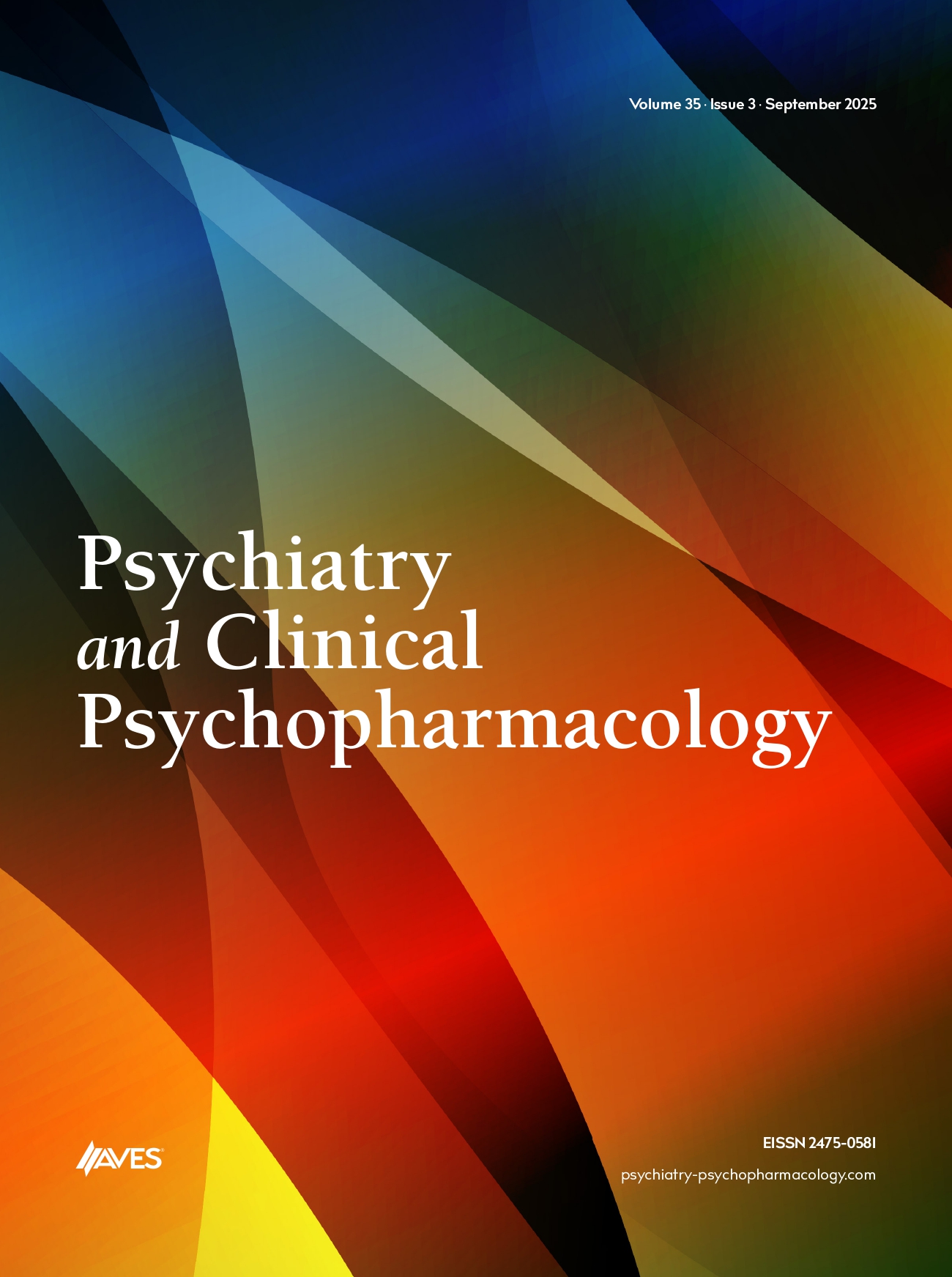The herb St. John's Wort (Hypericum perforatum) has been used for centuries to treat a variety of medical illnesses. In certain areas of Europe, St. John's Wort has been a commonly prescribed treatment for depression. In some countries extracts of the plant Hypericum perforatum L. (popularly called St. John's Wort) are widely used for treating patients with depressive symptoms. Extracts of the plant Hypericum perforatum have been used in folk medicine for a long time for a range of indications including depressive disorders. Some researchers believe that specific chemical constituents of St. John's Wort produce changes in depression in a manner similar to that of antidepressant medications, yet this hypothesis is problematic. In addition, studies that support the efficacy of St. John's Wwort in patients with mild-to-moderate depression have limitations that may affect the accuracy of their conclusions. Studies measuring the effect of St. John's Wort in major depression have reported conşicting results and need to be reexamined. In patients who meet the criteria for major depression, several recent placebo-controlled trials suggest that the tested hypericum extracts have minimal beneficial effects while other trials suggest that hypericum and standard antidepressants have similar beneficial effects. Preliminary data suggest that hypericum extract is effective in atypical depression based on the reported outcome of an 8-week double-blind, placebo-controlled, randomized trial (positive results in patients with vegetative features of atypical depression, i.e. hyperphagia or hypersomnia). The study supports the beneficial effect of St. John's Wort in depression with atypical features and the validity of the definition of atypical depression on the basis of reversed vegetative signs.
Consequently, St. John's Wort is considered by some to be an alternative to conventional therapies but, clinicians need to know whether it is an effective and safe treatment for different levels of severity of depression. Current evidence does not support its use and because of potential drug interactions, St. John's Wort is not a benign treatment.
References:
1. Shelton RC. St John's wort (Hypericum perforatum) in major depression. J Clin Psychiatry. 2009;70 Suppl 5:23-7.
2. Mannel M, Kuhn U, Schmidt U, Ploch M, Murck H.St. John's wort extract LI160 for the treatment of depression with atypical features - a double-blind, randomized, and placebo-controlled trial. J Psychiatr Res. 2010 Sep;44(12):760-7. Epub 2010 Feb 23.
3. Kasper S, Gastpar M, Müller WE, Volz HP, Dienel A, Kieser M, Möller HJ. Efficacy of St. John's wort extract WS 5570 in acute treatment of mild depression: a reanalysis of data from controlled clinical trials. Eur Arch Psychiatry Clin Neurosci. 2008 Feb;258(1):59-63. Epub 2007 Dec 14.
4. Trautmann-Sponsel RD, Dienel A. Safety of Hypericum extract in mildly to moderately depressed outpatients: a review based on data from three randomized, placebo-controlled trials. Affect Disord. 2004 Oct 15;82(2):303-7.
5. Linde K, Mulrow CD, Berner M, Egger M. St John's wort for depression. Cochrane Database Syst Rev. 2005 Apr 18;(2):CD000448.


.png)
.png)